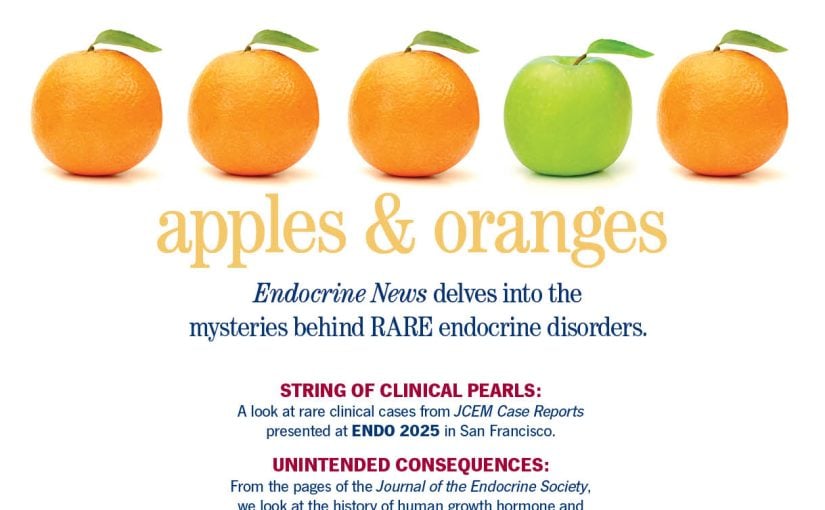Women with the common reproductive and metabolic condition polycystic ovary syndrome (PCOS) face a greater risk of developing bulimia, binge eating disorder, and disordered eating, according to new research published in The Journal of Clinical Endocrinology & Metabolism.
PCOS affects roughly one in eight women. Women who have the condition face an increased risk of developing metabolic problems such as diabetes, reproductive issues such as infertility, and psychological issues including anxiety and depression.
Women are diagnosed when they have at least two of the three key features of PCOS:
- Increased numbers of ovarian follicles containing immature eggs (called polycystic ovaries) seen on ultrasound;
- Slightly higher levels of testosterone or clinical symptoms of higher testosterone such as excess body hair; and
- Irregular or no menstrual periods.
The systematic review and meta-analysis examined results from 20 cross-sectional studies across nine countries. The studies included data from 28,922 women with PCOS and 258,619 women who did not have the condition.
“This analysis is the first time we’ve been able to confirm an increased risk of specific eating disorders, including bulimia nervosa, commonly called bulimia, and binge eating disorder,” says the study’s first author, Laura Cooney, MD, MSCE, associate professor at the University of Wisconsin in Madison, Wisc. “Many women with PCOS experience weight stigma, and that can be detrimental to mental health generally and contribute to disordered eating.”
When the researchers analyzed the women by body-mass index (BMI), both those who were normal weight and those of higher weight had higher disordered eating scores compared to women without PCOS. This suggests that the association is not dependent on BMI, Cooney said.
“Our findings emphasize the importance of screening women with PCOS for eating disorders before clinicians share any lifestyle advice,” Cooney says. “The lifestyle modifications we often recommend for women with PCOS — including physical activity, healthy diet and behavior modifications — could hinder the recovery process for eating disorders. Health care providers need to be vigilant about screening for eating disorders in this population.”
The meta-analysis did not find an association between PCOS and the eating disorder anorexia. However, the authors caution that studies on anorexia and PCOS are more limited and there should always be a high suspicion for any disordered eating pathology in someone who is being evaluated for PCOS.
Researchers conducted the study to inform the 2023 International Evidence-based Guideline in PCOS, which was funded by the Australian National Health and Medical Research Council. Partner societies that co-sponsored the guideline include the Endocrine Society, the American Society for Reproductive Medicine, the European Society of Endocrinology and the European Society of Human Reproduction and Embryology.
Other study authors include: Kaley Gyorfi and Awa Sanneh of the University of Wisconsin; Leeann M. Bui of Santa Clara Valley Medical Center in Santa Clara, Calif.; Aya Mousa of Monash University in Melbourne, Australia; Chau Thien Tay and Helena Teede of Monash University and Monash Health in Melbourne, Australia; Elisabet Stener-Victorin of the Karolinska Institutet in Stockholm, Sweden; and Leah Brennan of La Trobe University in Melbourne, Australia.
The Australian National Health and Medical Research Council funded the study through the Centre for Research Excellence for Women’s Health in Reproductive Life and the Centre for Research Excellence in Polycystic Ovary Syndrome.
The manuscript, “Increased Prevalence of Binge Eating Disorder and Bulimia Nervosa in Women with Polycystic Ovary Syndrome: A Systematic Review and Meta-Analysis,” was published online, ahead print.

